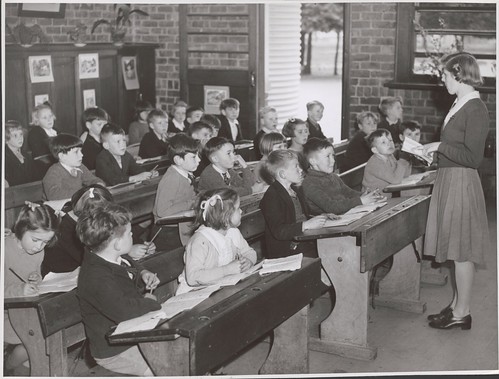This week, we discussed a very important topic in our ‘values’ lecture. Racism. We looked deeper in to the sociological aspect of patriarchy. From a very young age, society has socialised children into gender roles. Girls should be pretty. Boys should be strong. This plays a vital role in the way the children are nurtured as they believe that this is the only way they can behave and when they go against this, they are ridiculed and bullied.
It is amazing to see how far we have come in terms of diversity and equality: Women’s rights, same sex marriages and The Equality Act are all evidence of going against the norm and having the majority say. I think it is commendable that these rights have been fought for and now recognised.
Social media plays a crucial part in influencing our thoughts. With the media sensationalising the news, we absorb the information to think it is true. We discussed Islamophobia and looked at a headline where there was an image of a muslim news reporter with a headline that had no relation to the article itself. This is important as a future teacher, where I will need to make sure children are respectful of each other’s faith and backgrounds despite their differences.
This lecture taught me to be open minded. As a diverse culture, we need to be accepting to children’s beliefs. If a girl wants to play football, she can willingly do so. If a boy wants to paint his nails, nothing should stop him. Whilst watching an advert produced by the company ‘Always’, the expectations of women and men were stereotypical. When adults were told to imitate actions of women e.g. run like a girl, they were portrayed negatively as if women were fragile. However, when children were told to do the exact same thing, they portrayed women as strong and beautiful. This was heartwarming to watch and to see children so open minded at a young age. I want to teach children that it is okay to be who you want. Your gender does not define who you are, nor does your ethnicity. I want them to create their own identity, not the media. Having these rights legalised will help children become whoever they want, rather than be suppressed under society expectations.


